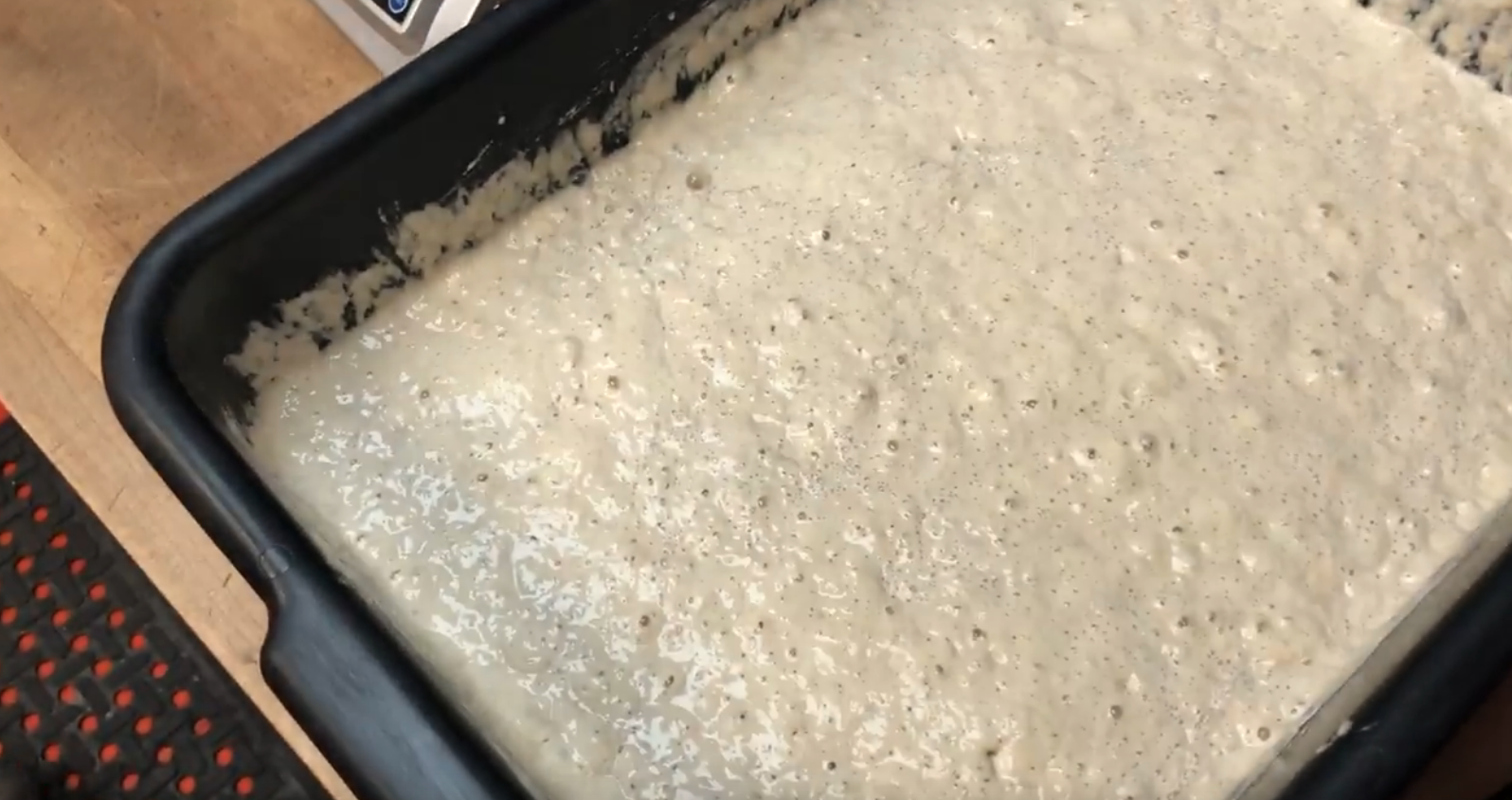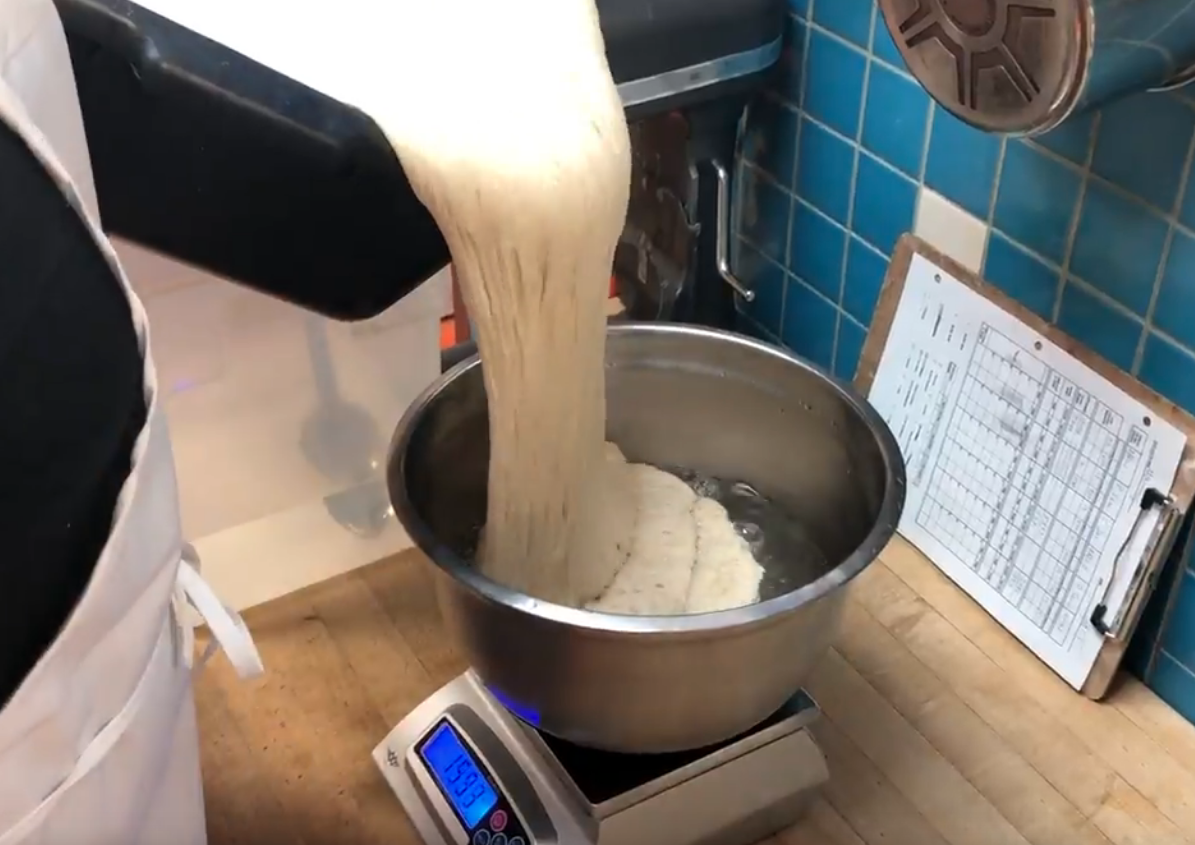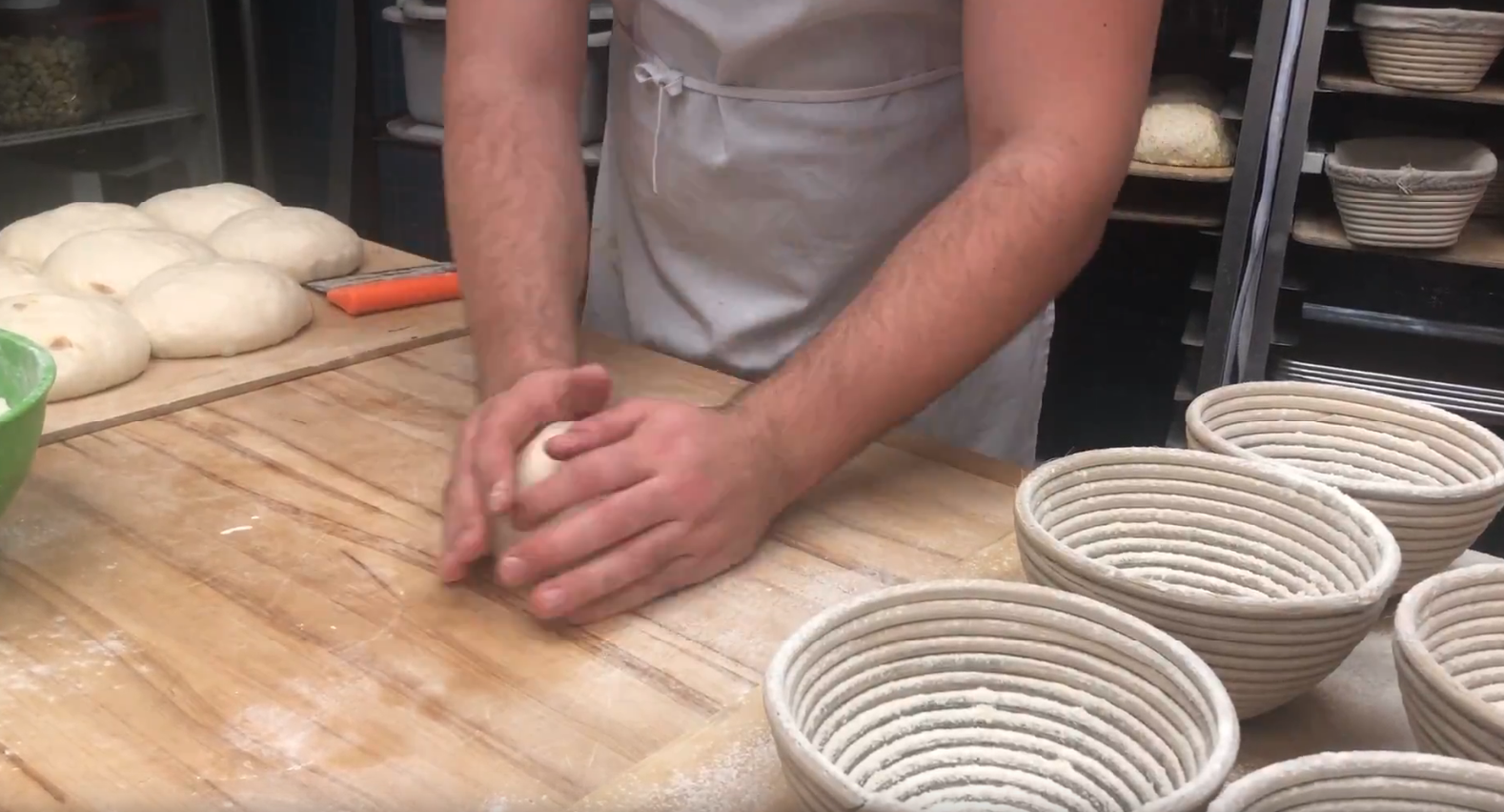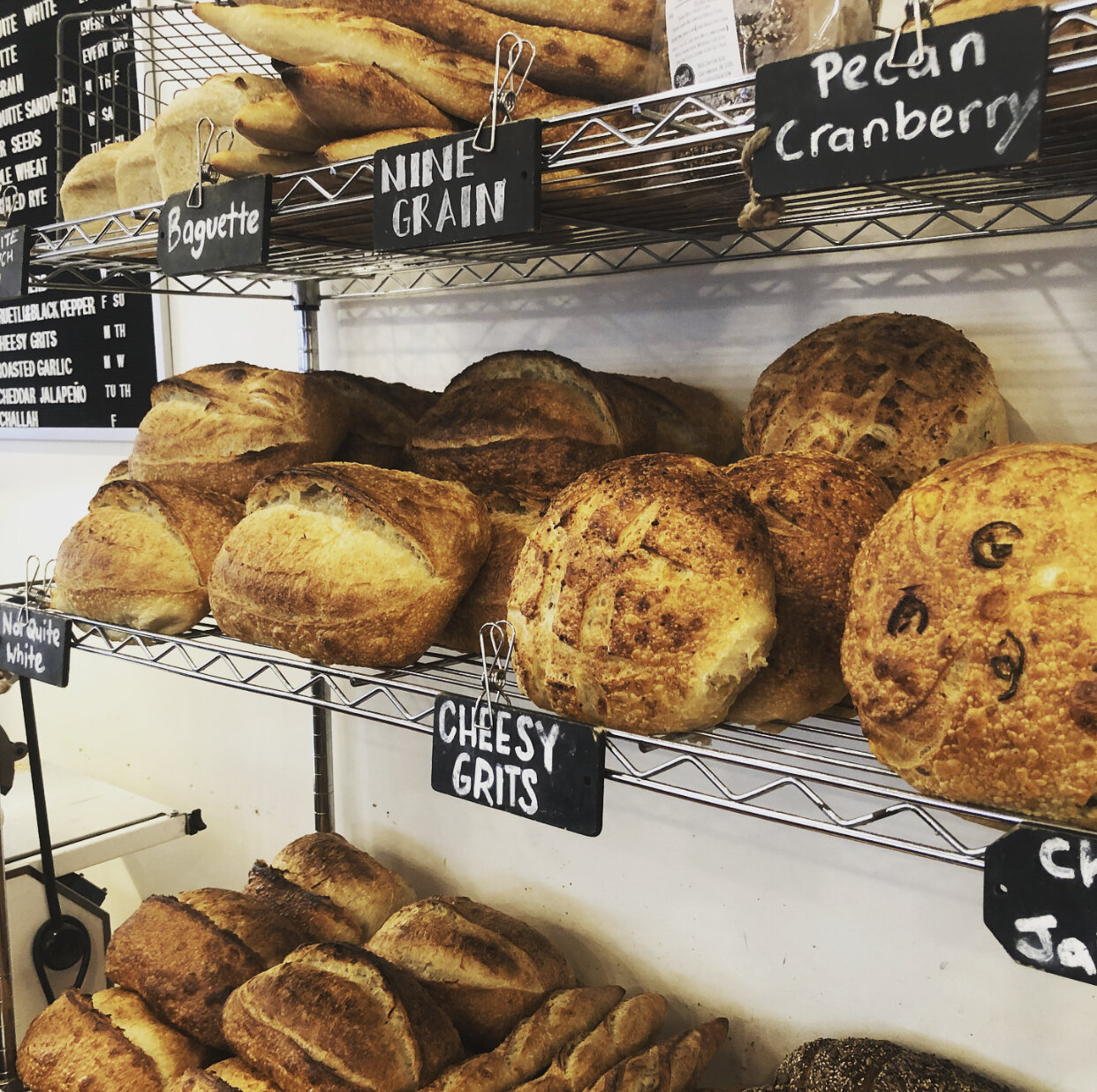We get a lot of questions at the bakery! You can find the answer to a lot of them on our FAQ page, but we thought we would dive into some questions in our new blog Gluten 4 Life.
Let’s get right to it with maybe the question that we get the least, but think most people don’t really know the answer to!
What is Sourdough Bread?
Sourdough bread is one of the oldest forms of grain fermentation. It’s believed that sourdough bread originated in ancient Egypt around 1,500 BC and remained the main form of bread leavening until commercial yeast replaced it about 100 years ago.
Sourdough bread is produced through a fermentation process and risen with a culture of naturally occurring wild yeast and bacterias. This culture can be found in the air and growing on the grain itself. As bakers our its our jobs to provide a happy growing environment for this culture. Non sourdough breads, like you may find in a grocery store, use a monoculture of a commercial yeast and forgo the benefits of fermentation.
To make sourdough bread, a pre-prepared starter culture is added to flour, water, and salt to make dough that is then allowed to ferment and rise for several hours before baking. The longer the dough ferments during its rising time, the more opportunity for the natural bacterias within the environment to come into play. These bacterias create acids as by-products as it feeds off sugars in the dough. These acids are what give sourdough its complex flavor and sour taste. In our bakery this process takes around 48 hours!
The wild yeasts and bacterias in a sourdough culture vary according to the environment in which the bread is made. Sourdough breads made within each bakery and household will truly be unique.
Written by Victoria Capdevielle
